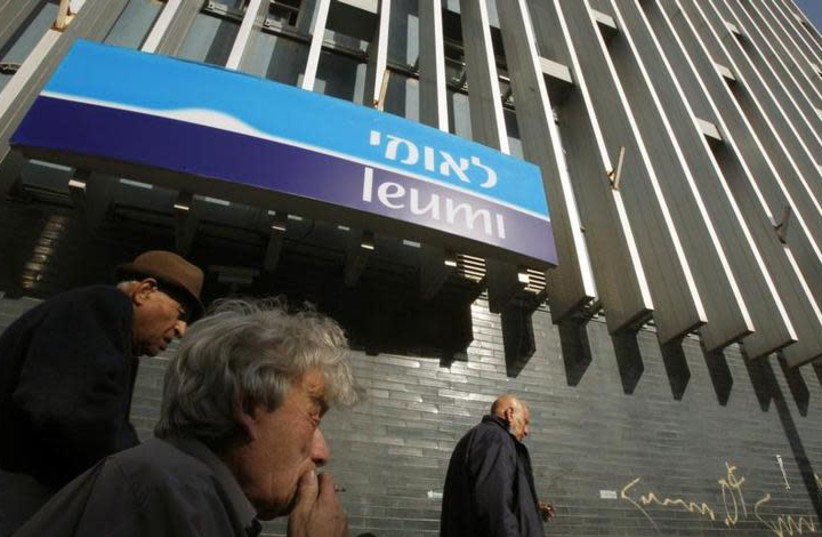In a recently published report, Leumi’s chief economist Dr. Gil Michael Bafman, and interest rate strategist, Dodi Reznik, revealed that the Bank of Israel has no plans to further lower the interest rate in 2024. This announcement comes on the heels of the central bank’s decision to decrease the national interest rate by 0.25% last week.
The Bank of Israel’s decision to lower the interest rate was motivated by the stabilization of local markets and a decrease in the inflation environment. However, the report highlights that the central bank does not foresee any further cuts in interest rates throughout the coming year. The Bank’s forecast places the interest rate at 3.75%-4.00% at the end of 2024, signaling a cautious approach to monetary policy.
One key factor influencing the Bank of Israel’s flexibility in interest rate policy is the recent increase in real interest rates, trading above 1% along the entire curve. This development contributes to monetary restraint, allowing the central bank to adapt its approach as long as inflation continues to moderate.
Economic outlook for 2024
The report also delves into the economic outlook for 2024, maintaining a growth forecast of 2%, which is notably higher than the national projection. The Bank of Israel attributes this optimistic outlook to an extraordinary assessment, anticipating a significant decrease in imports throughout the year.
Turning attention to consumer behavior, the report notes a partial recovery in credit card purchases in real terms in November 2023, with indications that this trend continued into December. Sectors primarily impacted by recent challenges include construction, tourism, and agriculture.

In terms of global economic dynamics, the report touches upon the US employment report for December, highlighting that while job additions were substantial, certain sectors stood out. The government sector and “non-cyclical” sectors, such as health care and social assistance, played a pivotal role. The report emphasizes that the labor force participation rate witnessed a decrease, impacting the real unemployment rate.
Looking ahead, the report acknowledges the market’s diminished expectations of an interest rate cut in March. Nevertheless, it suggests that absent robust inflationary data in the Consumer Price Index (CPI) and the Producer Price Index (PPI) set to be published soon, the Federal Reserve may signal the initiation of interest rate decreases in the upcoming March decision. The report encourages a vigilant approach to evolving economic indicators to gauge the potential shifts in global monetary policies.
“The Bank has a dilemma. On the one hand, the economy appears headed for a downturn – and lower interest rates can help alleviate some of that. On the other hand, the government is planning to spend like crazy, without any thought about limiting excess spending in directions that do not benefit the national good during wartime,” said Professor Dan Ben-David, head of the Shoresh Institution for Socioeconomic Research and an economist at Tel Aviv University
He drew parallels to historical economic challenges, stating, “We were in this movie during the decade following the Yom Kippur War. The hyperinflation that developed here ended up a severe threat to the Israeli economy.”
Ben-David cautioned against unrestrained government spending, emphasizing the potential risk of initiating an inflationary spiral. He urged the need for fiscal responsibility.
“If that kind of through-the-roof spending is being planned by the current government, without cutting elsewhere sufficiently or raising taxes, then they will be initiating an inflationary spiral. In that case, lower interest rates will only fuel that crisis,” he said. “With the most irresponsible government that Israel has ever had, I hope that the sole official adult in the room, the Bank of Israel, will not take its finger off the pulse and adjust its policies as needed.”
